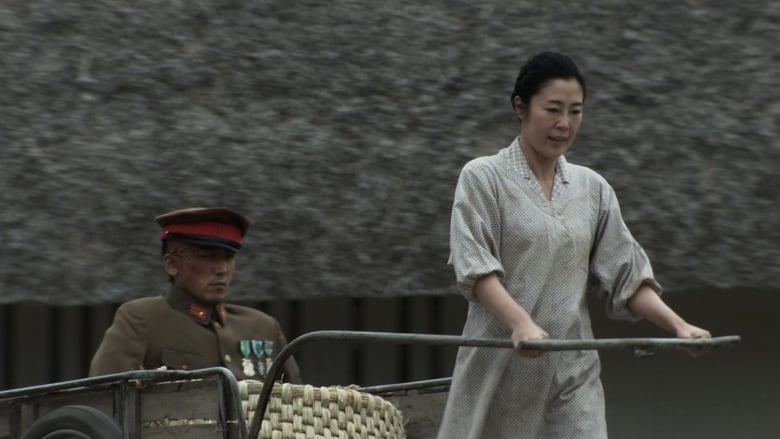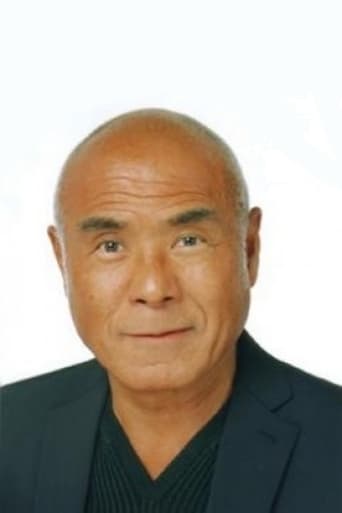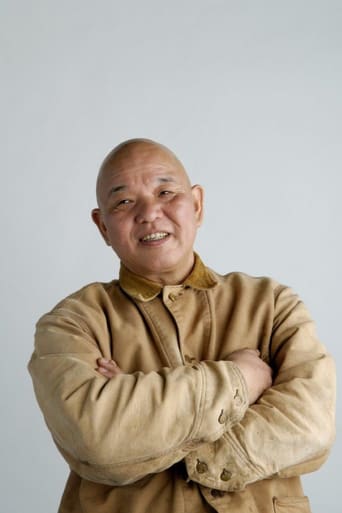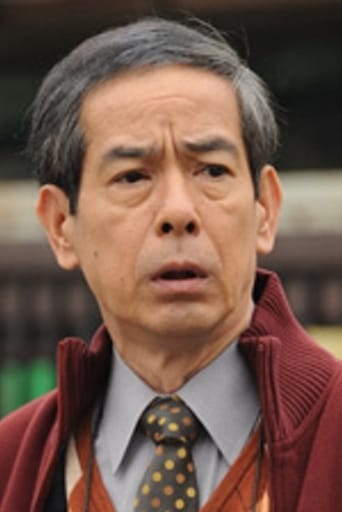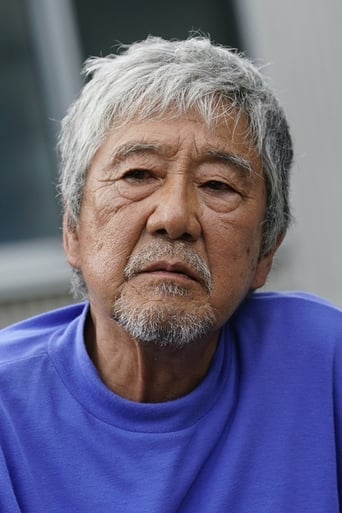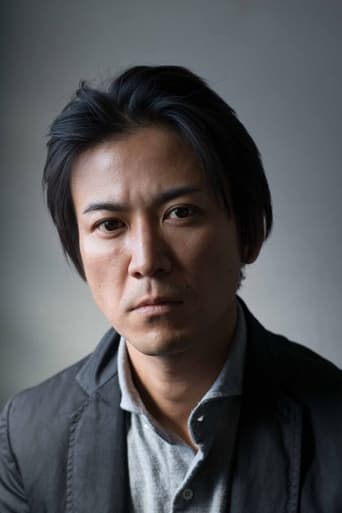During the Second Sino-Japanese War, in 1940, Lieutenant Kurokawa returns home as a honored and decorated soldier but deprived of his arms and legs lost in battle. All hopes, from the villagers and women to close family members, turn to Shigeko, the Lieutenant's wife. She must honor the Emperor and the country in setting an example for all by fulfilling her duty and taking care of the 'god soldier'. Kurokawa prior to leaving to fight in the war regularly beat and berated his wife for her barrenness and inability to bring him a son. When he returns home as an amputee with no hearing and no speech, his wife dutifully attends to him, even though he shows little appreciation for her dedicated care. His main concerns are getting fed and getting sex. Even in his own degraded condition, he manages to berate his wife. Eventually, though, his own memories infiltrate and he is haunted by his horrible, sadistic deeds, performed while in the duty of the Japanese military.


Similar titles



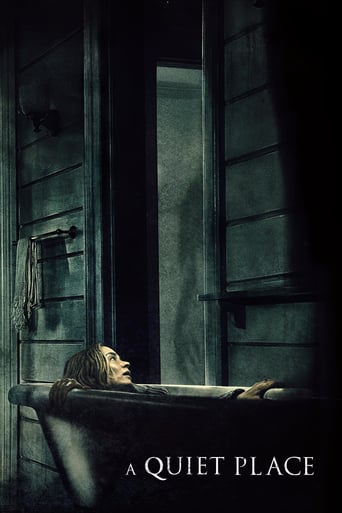

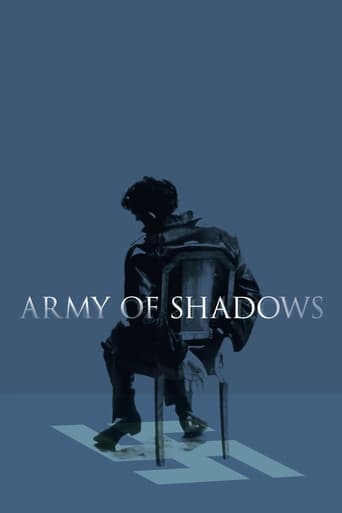
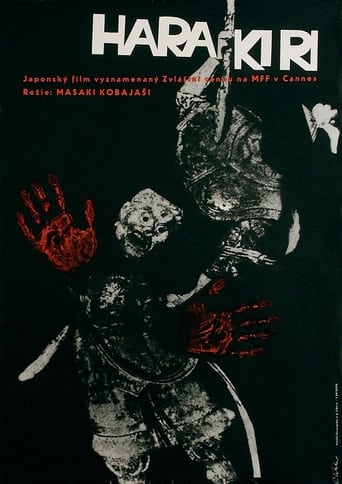
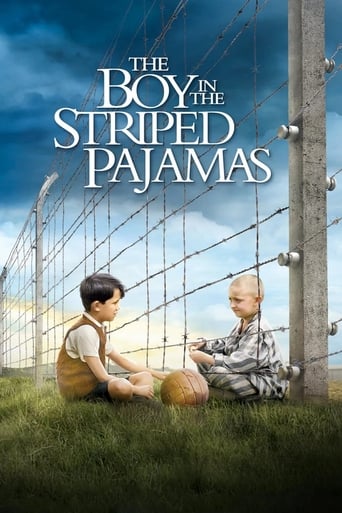
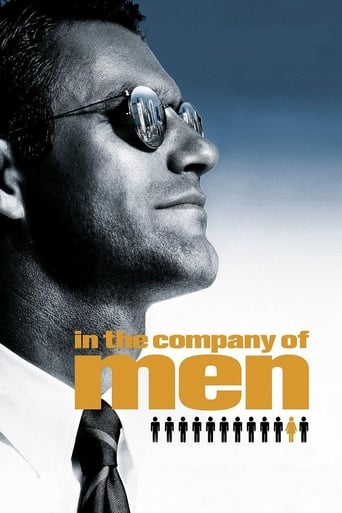
Reviews
Koji Wakamatsu's anti-war film Catepillar (2010) is notable for it's strong anti-nationalism stance and Shinobu Terajima's powerful performance as a long suffering wife dealt a poor hand in life (one in which she won an acting award at the Berlin Film Festival). Her husband is returned from war, as a "God of War" with decorations, without limbs, the ability to speak or hear. Her role as a good wife of a soldier of the Emperor's is to take good care of him-a thankless task for a man who only eats, sleeps, and demands sex from his wife. Furthermore, we learn that he was an abusive husband and has committed atrocities in the war in China. Wakamatsu is a member of that older generation and has an ax to grind-one that the nationalists of today wouldn't be so happy about either. It's a difficult film to watch, but perhaps necessary since most of the new generations are unaware or unbelieving of the atrocities committed at war by the Japanese in the name of the emperor due to whitewashing to history textbooks in schools.
In premise, "Caterpillar" (the English translation of the title of a short story by masterful mystery author Edogawa Ranpo on which the movie draws heavily) may call to mind Trumbo's "Johnny Got His Gun", but whereas the latter dwells entirely on the slug of a man left from the battlefield, the former actually focuses on the wife who must care for and cater to a deified deformity of a husband. Director Wakamatsu walks the viewer through the war with newsreel footage and announcements from the "Daihonei" Imperial Headquarters, which duped the public into thinking their forces were winning victory after victory. There is also the text of the article prohibiting capture or surrender from the "Senjinkun" (Combatants' Code), which was distributed to all soldiers in early 1941 under the name of Hideki Tojo, and was a key factor behind the suicidal attacks and just plain suicides (voluntary or compelled) by Japanese soldiers throughout the war. Kurokawa (the husband) comes back limbless and mute, but there is nothing wrong with him downstairs, as his hapless wife soon discovers. There ensues a kind of sexual warfare between the two, portraits of the emperor and empress solemnly gazing down at the lurid scenes all the while, that lasts as long as the war. I took Kurokawa's attempted suicide as an attempt to end his personal torment, not as a sign of repentance for his own crimes per se. No one saves or is saved in this flick.After the intense fixation on the couple and the rural home front, the A-blasts and war's end seem to break the spell, and the film embraces a more general anti-war sentiment. I felt this diluted the impact, but audiences (especially those in Japan) will do well to ponder the figure of 20 million on the screen at the film's end for the estimated WWII death toll in Asia alone.Shinobu Terajima turns in a bravura performance as the wife (though she looked laughably incongruous standing in a rice paddy, farming implement in unaccustomed hand, her fair and flawless complexion shining under the sun - far cry from a sun-beaten peasant- woman!), and Shin Onishi, a creditable one in a difficult role.Wakamatsu again showed courage in making this film, as he did with "United Red Army". I guess this is why mention of his name often elicits groans in Japan. He must be doing something right.
I wonder why the short story of the same name is never given credit. Especially since it was written by Edugawa Rampo*, the "father of Japanese mystery". Is this blatant plagiarism or is the story so famous that it needs no reference? The film is intermediate in its adaptation, keeping the general premise of a limbless veteran and his tormented wife. The Rampo text is much darker and depicts the wife as relishing in sexually teasing her "lump of flesh". The film version adds visualizations of the "caterpillar's" war crimes in China during WWII; memories of which haunt the miserable creature. Unfortunately, the film tends to dwell on the tedium of their lives (eating, sleeping, "sex") and not the psychological/physical abuse that the wife perversely doles out.*Edugawa Rampo is a phonetical pronunciation of Edgar Allen Poe in Japanese: "Edugaw-Aram-Po"
A soldier from the Chinese-Japanese war returns to his home village. Being completely disabled (no limbs, facial burns, impaired hearing and speech), his survival seems a miracle and he soon is being proclaimed to be a "god of war". His wife, suffering from the burden of care and his unfaded crudeness towards her, becomes to understand the absurdity of the war and war propaganda, but brings herself to enjoy the compliments from the villagers about how well she cares for the "god of war" and clings to singing propaganda songs to calm down herself. Repeated power failures and the dimming of his room with only the flame of a petrol lamp left make the soldier recall the memories of him raping and slaughtering a Chinese woman in a burning house. Unable to articulate himself he is haunted and overwhelmed by his fault and eventually commits suicide.The story tells us that war does not create heroes but only victims, in the first as well as the last front line -the wife at home. The movie doesn't need sentimentalism or any bloody reflections of the war - except for the repetitive showing of the soldier's crime. In fact, most of the acting is set in the house of the couple. The film conveys its message very subtle but thus even more mind shattering: I remember the scene where the body stump of the man is seated in typical Japanese tradition in the middle of the room, slightly lifted on a pillow, and circumvented by war insignia and a newspaper article about the "lord of the war". Sitting in this honorable position, you couldn't think of a better picture to show the absurdity and pitifulness of his existence as " god of war". I strongly recommend this movie. The acting is great. It has deserved many people watching it.

